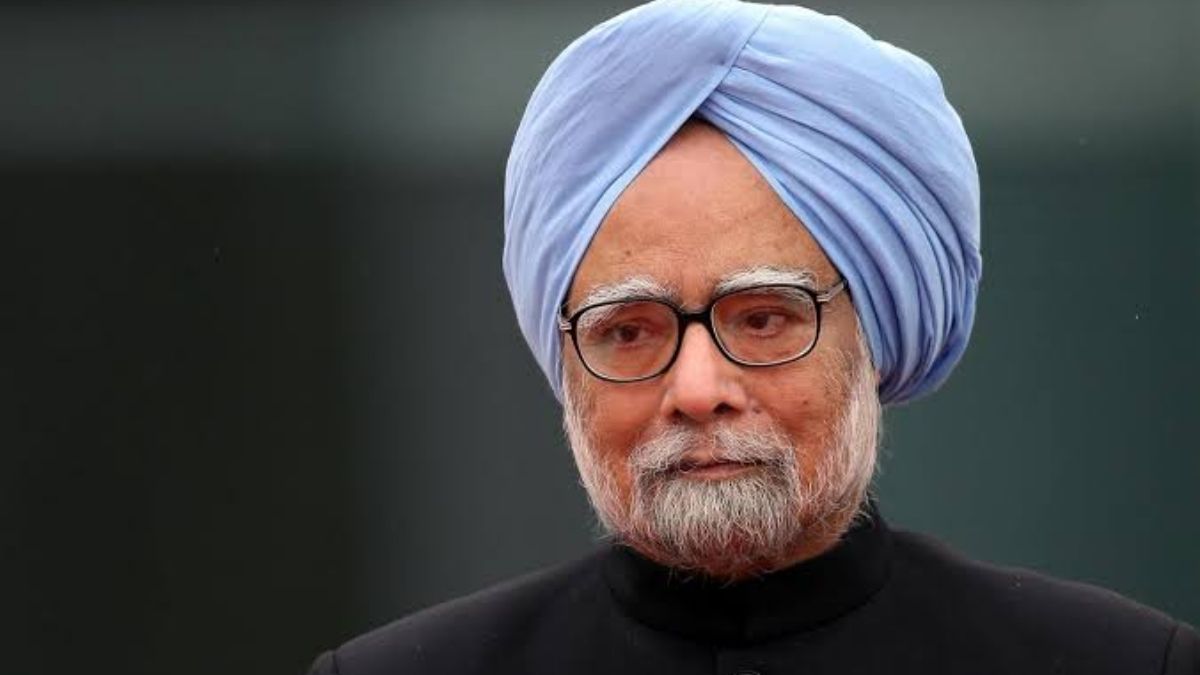Dr. Manmohan Singh, born on 26 September 1932 in Gah, West Punjab (now in Pakistan), and who passed away on 26 December 2024 at the age of 92, was one of India’s most eminent leaders, celebrated for his contributions as an economist, policymaker, and statesman. Serving as India’s Prime Minister from 2004 to 2014, he was the first Sikh to hold the position, leaving an indelible mark on the nation’s economic and political landscape.
Early Life and Education
Dr. Singh’s journey began in modest surroundings, marked by a deep commitment to education. He pursued a Bachelor of Arts and a Master of Arts in Economics from Panjab University, graduating in 1952 and 1954, respectively. His academic excellence earned him a place at the University of Cambridge, where he achieved First Class Honours in Economics in 1957. Dr. Singh furthered his education at Nuffield College, Oxford, earning a D.Phil. in 1962.
His early career revolved around academia and international organizations, teaching at Punjab University, the Delhi School of Economics, and serving at the United Nations Conference on Trade and Development (UNCTAD). These experiences laid a strong foundation for his later contributions to India’s economic reforms.
Political Career and Economic Reforms
Dr. Singh began his political career in 1971 as an Economic Advisor in the Ministry of Commerce. He swiftly ascended to key positions such as Chief Economic Advisor and Secretary in the Ministry of Finance. His pivotal moment came as Finance Minister from 1991 to 1996 when India faced an economic crisis.
Amid a balance of payments crisis, Dr. Singh implemented transformative economic reforms that liberalized India’s economy. Key measures included:
- Devaluation of the rupee.
- Reduction of import tariffs.
- Relaxation of licensing regulations.
- Encouragement of foreign investments.
These reforms not only averted a financial catastrophe but also propelled India towards sustained economic growth and globalization, establishing Dr. Singh as the architect of modern India’s economy.
Prime Ministerial Tenure (2004–2014)
In 2004, Dr. Singh was appointed Prime Minister after the Indian National Congress’s electoral victory. Under his leadership, India experienced robust economic growth, averaging around 7.7% during his first term. Key achievements included:
- Inclusive growth initiatives.
- Landmark legislations guaranteeing the right to food, education, and work.
- A strategic nuclear deal with the United States, marking India’s emergence as a global power.
Re-elected in 2009, Dr. Singh’s second term was marred by challenges such as inflation and corruption scandals, including the 2G spectrum allocation controversy. Despite these setbacks, his government continued to prioritize social welfare and economic development.
Personal Life
Dr. Singh married Gursharan Kaur, and the couple has three daughters. Known for his humility and scholarly approach, Dr. Singh remains a respected figure in Indian politics and academia.
Legacy and Achievements
Dr. Singh’s tenure as Prime Minister and Finance Minister is viewed as a turning point in India’s history. His contributions include:
- Steering India away from a state-controlled economy towards liberalization.
- Laying the foundation for a burgeoning middle class and entrepreneurial growth.
- Strengthening India’s global economic standing.
In recognition of his achievements, Dr. Singh was awarded the Padma Vibhushan, India’s second-highest civilian honor, in 1987. His legacy continues to inspire policymakers and citizens alike.
Dr. Manmohan Singh’s life is a testament to the transformative power of vision, intellect, and humility. His policies and leadership reshaped India’s economic landscape, making him one of the most influential figures in modern Indian history.


